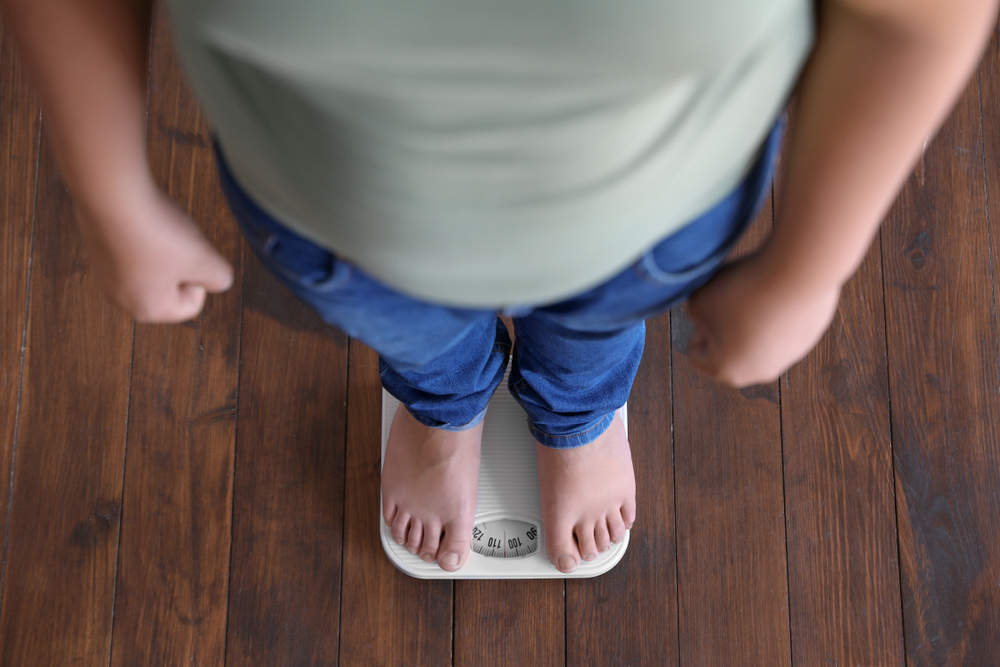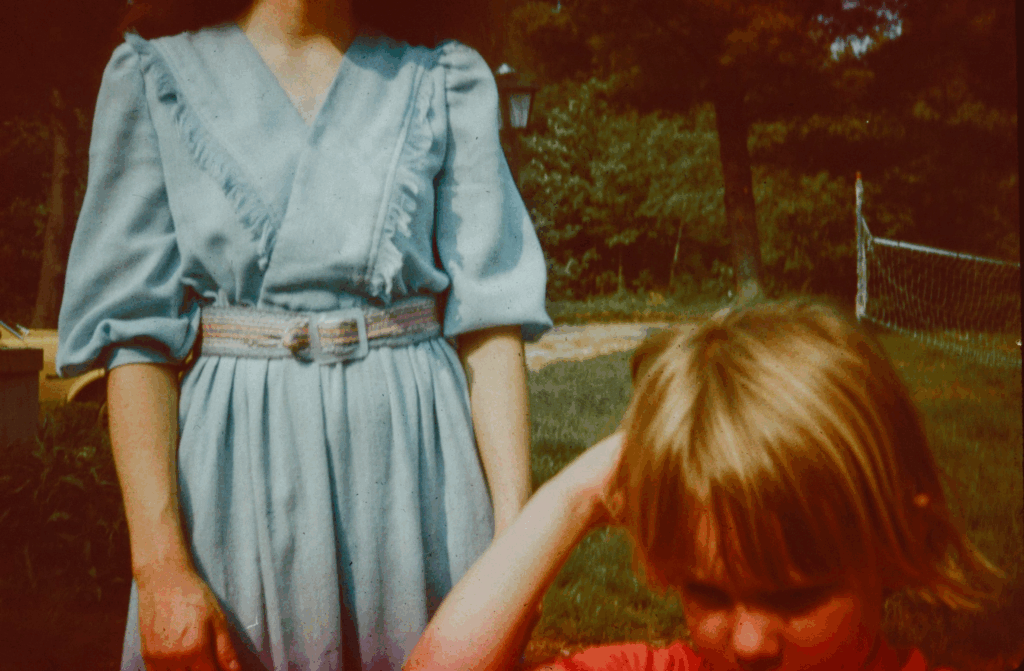Growing up with a nurturing parent helps children feel safe, valued, and confident. But for some, childhood is marked by emotional abuse, which is often harder to identify than physical harm. Someone raised by an emotionally abusive mom may carry wounds that are invisible to others but deeply felt within. Emotional abuse can appear as criticism, manipulation, or withdrawal of affection, and its effects often last long into adulthood. Many people only recognize the patterns years later, after struggling with trust, self-esteem, or relationships. Understanding what emotional abuse looks like, and how it impacts development, is an important step toward healing.
What Is Emotional Abuse?

Emotional abuse is a pattern of behavior where a parent uses words, actions, or neglect to control, belittle, or manipulate a child. Unlike physical abuse, it does not leave visible marks, which is why it often goes unnoticed. Common forms include constant criticism, humiliation, rejection, gaslighting, and emotional neglect. A child raised in this environment may grow up feeling unworthy or anxious. Emotional abuse can be subtle, such as consistently ignoring a child’s achievements, or overt, like public shaming. Over time, the child internalizes the message that their needs and feelings do not matter.
How Emotional Abuse Shapes the Brain

Scientific research shows that emotional abuse can alter brain development in children. Studies using MRI scans reveal that children exposed to chronic emotional maltreatment often have changes in the amygdala, hippocampus, and prefrontal cortex. These brain regions regulate stress responses, memory, and decision-making. As a result, survivors may struggle with anxiety, depression, or difficulty regulating emotions later in life. High levels of stress hormones during childhood also affect the nervous system, making it harder to trust others or feel secure. The impact is not simply emotional but deeply biological, leaving a lasting imprint on how the brain processes experiences.
Why Emotional Abuse Often Goes Unrecognized

Many people do not realize they were raised by an emotionally abusive mom until adulthood. This is partly because emotional abuse is less visible than physical harm and often normalized within families. Children may grow up believing constant criticism or manipulation is standard parenting. Cultural values can also play a role, with some societies excusing controlling or harsh behavior as discipline. Even as adults, survivors may minimize their experiences, thinking, “It wasn’t that bad.” The lack of awareness can delay healing, but recognition is the first step toward breaking the cycle.
1. They Belittle Your Friends and Loved Ones

An emotionally abusive mom may criticize or mock the people you care about. By putting down friends or family, she isolates you and creates dependence. This tactic often leaves you feeling torn between loyalty to loved ones and fear of upsetting her. Over time, it weakens your support system and makes you second-guess your relationships.
What to Do Next: Strengthen connections with supportive people who encourage your growth rather than tear others down.
2. They Use Guilt as a Weapon

Instead of asking directly, an emotionally abusive mom may rely on guilt to get her way. She might remind you of sacrifices she made or imply that you owe her obedience. These guilt trips manipulate emotions and make saying no nearly impossible. You grow accustomed to prioritizing her feelings above your own.
What to Do Next: Recognize manipulation and remind yourself that healthy relationships don’t depend on guilt.
3. They Constantly Compare You to Others

Another damaging pattern is constant comparison. You may be told you are not as smart, attractive, or successful as someone else. Instead of encouragement, you receive reminders of how you fall short. These comparisons chip away at self-esteem and foster resentment.
What to Do Next: Remember that personal worth isn’t measured by comparisons. Focus on your own strengths and milestones.
4. They Make Fun of Your Appearance

Mocking a child’s looks or weight is a particularly painful form of emotional abuse. Comments made in public are especially humiliating, leaving lasting scars on self-image. These remarks often masquerade as jokes but cause deep insecurity. As an adult, you may struggle with confidence and body acceptance.
What to Do Next: Challenge negative self-talk by practicing self-compassion and surrounding yourself with body-positive influences.
5. They Are Jealous of Your Success

An emotionally abusive mom may respond to your achievements with envy rather than pride. Instead of celebrating, she minimizes accomplishments or shifts attention back to herself. This behavior confuses children, who expect praise but receive bitterness instead. As an adult, you may feel guilty for succeeding.
What to Do Next: Celebrate your wins with people who genuinely support you, even if recognition doesn’t come from your parent.
6. They Invade Your Privacy or Make Decisions for You

Some mothers exert control by making choices on your behalf without asking. Whether it’s about clothing, hobbies, or relationships, your voice is ignored. This pattern leaves you doubting your ability to make independent decisions. Over time, you may feel powerless or overly reliant on others for guidance.
What to Do Next: Start reclaiming small decisions to rebuild confidence in your autonomy.
7. They Withhold Affection as Punishment

Emotional abuse sometimes takes the form of silence or coldness. An emotionally abusive mom may withdraw love, warmth, or attention when she is displeased. This leaves a child anxious, desperate to win back approval. It creates an unstable emotional environment where love feels conditional.
What to Do Next: Recognize that genuine affection should not be tied to obedience or perfection.
8. They Criticize Your Choices Relentlessly

From career paths to friendships, nothing you choose feels good enough. This constant judgment makes you doubt your instincts and feel trapped. The criticism may be framed as concern, but its effect is disempowering. Over time, it fosters anxiety about making any decision at all.
What to Do Next: Remind yourself that mistakes are part of growth, and your choices do not need constant approval.
Breaking Behavioral Patterns

Healing begins with awareness of how childhood experiences shape behavior. Survivors can start by identifying triggers and unhealthy coping mechanisms. Cognitive-behavioral therapy has proven effective in helping reframe negative thought patterns. Building supportive relationships also plays a key role in breaking cycles of self-doubt or fear. Small steps, such as practicing boundaries or acknowledging emotions, can rewire long-standing habits. The process is gradual but powerful in reshaping daily life.
Deeply Real Feelings

Being raised by an emotionally abusive mom leaves marks that are not always visible but are deeply real. The effects can include self-doubt, trust issues, perfectionism, and emotional numbness, all of which can carry into adulthood. Understanding what emotional abuse is and how it shapes the brain helps explain why the impact lasts so long. The good news is that healing is possible. With therapy, supportive relationships, and conscious changes, survivors can move toward healthier patterns and more fulfilling lives.